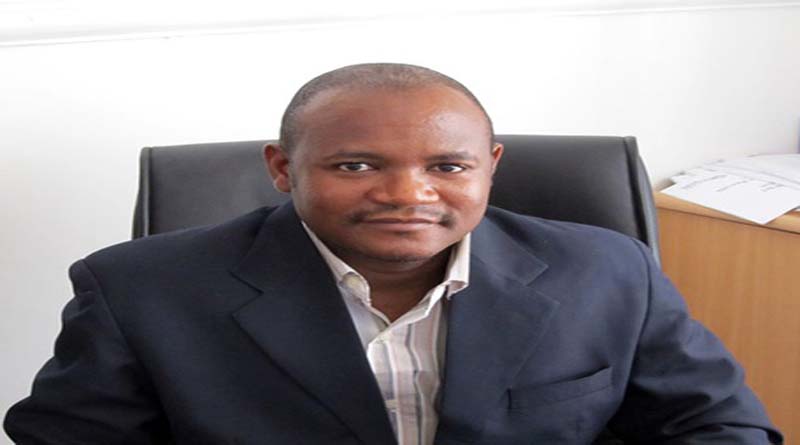Coordinator of Africa Health Budget Network (AHBN), Dr Aminu Magashi Garba, has said the gap in the required funding for family planning in the country has a lot of implications for women’s health.
He warned that the non-release of the 2020 budget for family planning in the country has implications for the procurement of family planning commodities and would also make the country pay more for the commodities than when it was timely released.
Nigeria had during the July 2017 summit on family planning in London, committed to contribute $4 million annually from 2017 to 2020 to be combined with contributions for the public sector family planning programmes. However, the federal government approved N1.2 billion in the 2020 budget.
Speaking during an interview with Daily Trust, Garba who is also the Global Co-convener, Community of Practitioners on Accountability and Social Action in Health (COPASAH), said as at the time President Buhari signed the 2020 budget in December 2019, the N1.2 billion was equivalent to $4 million dollar at the exchange rate of N305 per dollar.
He said in June this year, when the president reversed the 2020 budget, the family planning budget remained the same in naira value of N1.2 billion but not the same in dollar value.
He said, “The dollar value at the time the bill was signed was N360 per dollar which means, it is no longer $4 million but $3 million. If up till now the budget is not released for procurement of family planning commodities, it means that the funding gap is more than $600,000 because the naira value has also nose-dived; it is no longer N360 but around N380 to N420 per dollar.”
According to Garba, the funding gap has implications on the procurement of family planning commodities because the country would get less amount of the commodities.
He said this meant that, “many Nigeria women will be ‘disenfranchised’ from getting the free family planning commodities which Nigeria is partnering with UNFPA to procure and distribute all over the country.”
He said when family planning commodities are not enough, women will not be able to access them and be at risk of unwanted pregnancies, and pregnancy complications.
“This also means that the country has to look for additional money either from partners, philanthropists, groups or the private sector to be able to meet up with the funding gap and ensure that every woman that requires to use family planning has access to it, and that it is available where it is needed and when it is needed,” he added.

 Join Daily Trust WhatsApp Community For Quick Access To News and Happenings Around You.
Join Daily Trust WhatsApp Community For Quick Access To News and Happenings Around You.